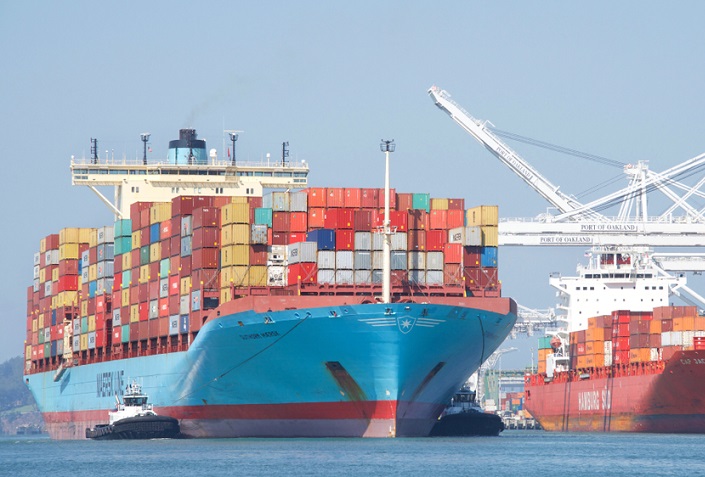
AfCFTA: Adopt simpler rules of origin to enhance trade flow – World Bank
The World Bank has advised African governments not to adopt too-stringent rules of origin for initial stages of the African Continental Free Trade Area (AfCFTA), as such a move will restrict growth of the trade pact.
The report, titled ‘Africa in the New Trade Environment’, says given the fact that various regional economic communities have different rules of origin – with some more complex than the others – it has the potential to interrupt trade flow; hence, efforts must be made to streamline them for AfCFTA.
“Given that each regional economic community has its own distinct rules of origin, some more complex than others, there is a need to streamline and simplify the rules so that they do not restrict trade flows and investment. Rules of origin that vary across products are likely to restrict the growth of regional value chains and regional industrial trade networks, because production of a single item often requires multiple intermediate inputs with varying rules of origin requirements.
“The current rules of origin under debate need to be reformed so that they are simple, are consistent across product groups, and do not impose costs on either the firms or regional entities in administering such rules,” the report said.
It further advised member-states to adopt rules of origin that are based on broad product classifications rather than rules based on product-specific criteria, as the latter tends to be costlier than the former; thereby making trade under the pact expensive.
“The AfCFTA is more likely to adopt product-specific rules than ones based on broad product classifications. Product-specific rules of origin are often considered more complex and require highly specified requirements for each product type, hence leading to stringent document requirements.
“Rules of origin that vary across products, especially at very low levels of classification, are likely to restrict the growth of regional value chains and regional industrial trade networks; because production of a single item often requires multiple intermediate inputs with varying rules of origin requirements. This may impose significant costs of compliance and verification.”
For these and other reasons, the World Bank urges member-countries to start with simpler rules of origin – especially considering the varying manufacturing strengths of the continent – in order not to disrupt the flow and vibrancy of trade desired under the AfCFTA.
“With the newly-minted AfCFTA, a more gradual approach that begins with more flexible, simpler and easier rules of origin based on broad product classifications and then moving slowly to relatively less flexible rules seems relevant. Given the lack of a competitive manufacturing sector, stringent rules at the early stages would be too restrictive to build a vibrant regional value chain.
“If Africa is to become the next manufacturing frontier, very flexible rules of origin in the early phases of integration should be used to enhance production capacity and build the institutional muscle needed to monitor and verify the rules of origin requirements which will eventually become less flexible with increased development,” the report stated.
Latest Posts
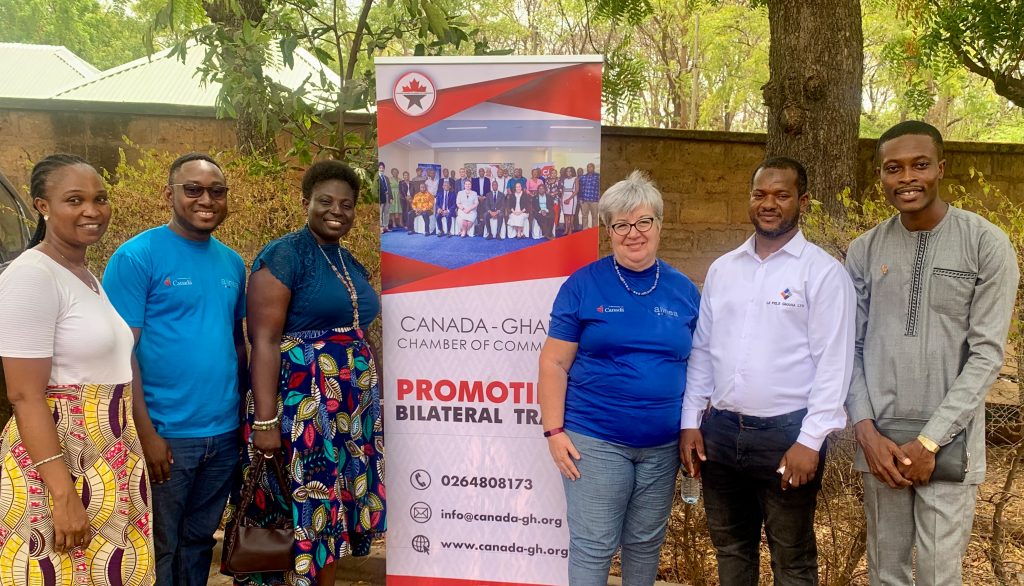
EMPOWERING THE FUTURE: ALINEA FOUNDATION’S WEE-NORTH PROJECT AGM
April 04, 2024

EMPOWERING CHANGE: CANCHAM AND JOY BUSINESS INTERNATIONAL WOMEN’S DAY DIALOGUE
April 04, 2024

April 04, 2024

EXPLORING FLAVORFUL HORIZONS: A JOURNEY WITH FREDDIE BEVERAGES
April 04, 2024
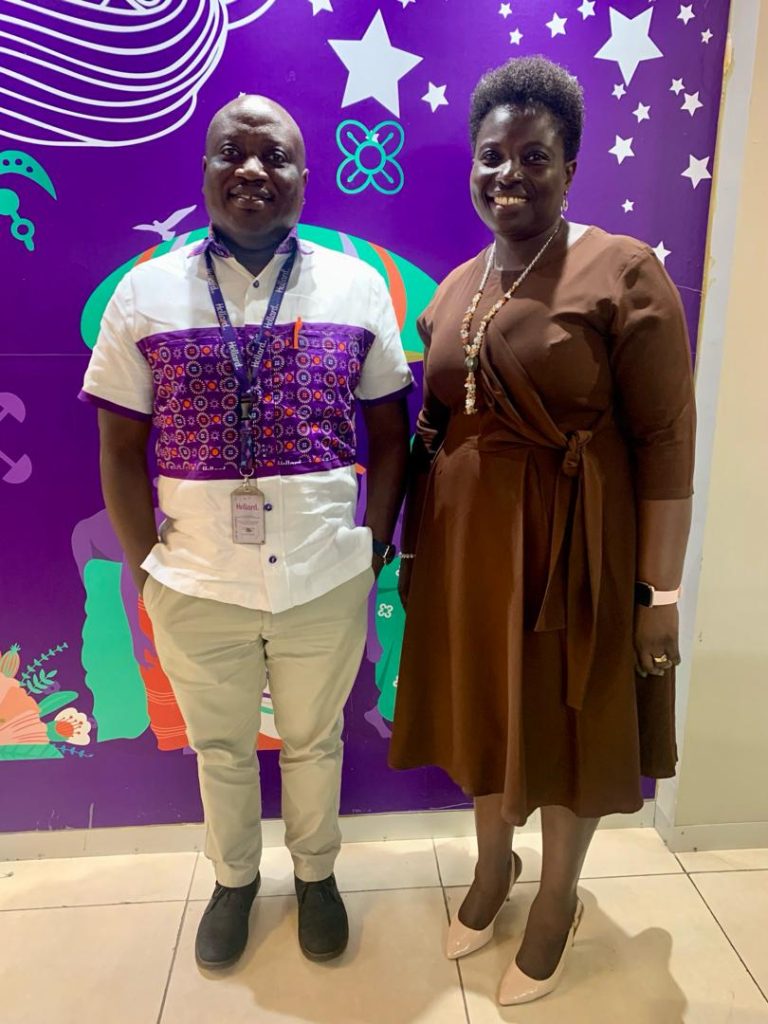
EXPLORING HORIZONS: INSIGHTS FROM HOLLARD INSURANCE’S JOURNEY
April 04, 2024
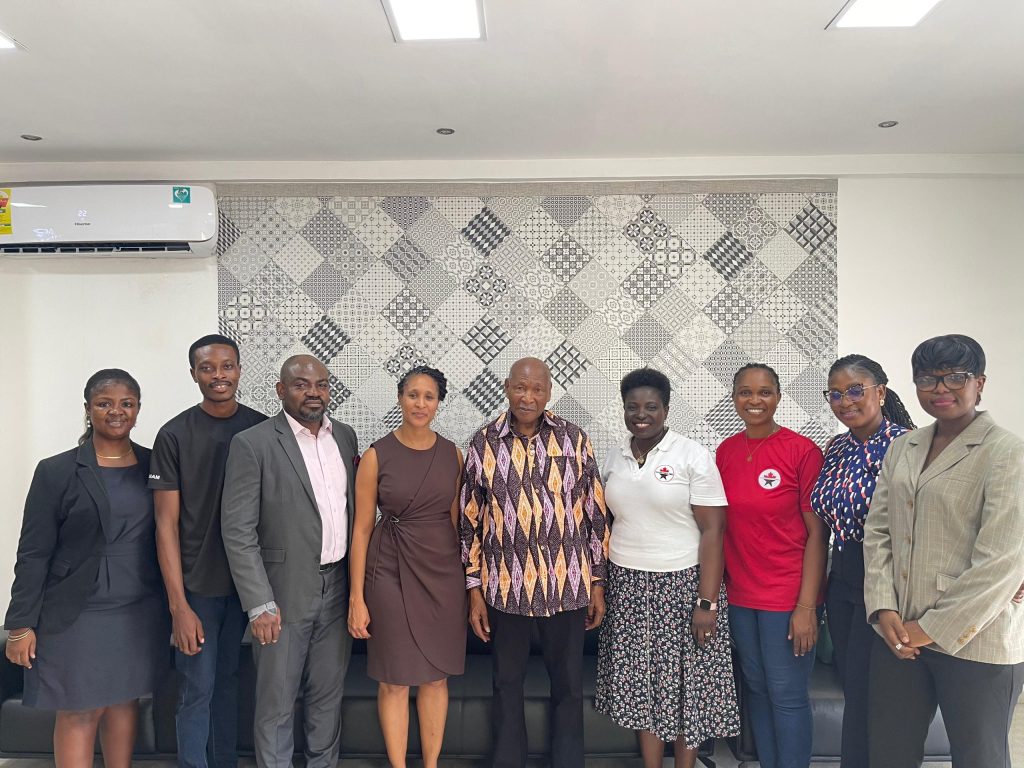
UNLOCKING OPPORTUNITIES: SENA CHARTERED SECRETARIES LIMITED’S EXPANSION ENDEAVOR
April 04, 2024

Highlights from CANCHAM Chocolate Day Member Forum 2024
March 01, 2024
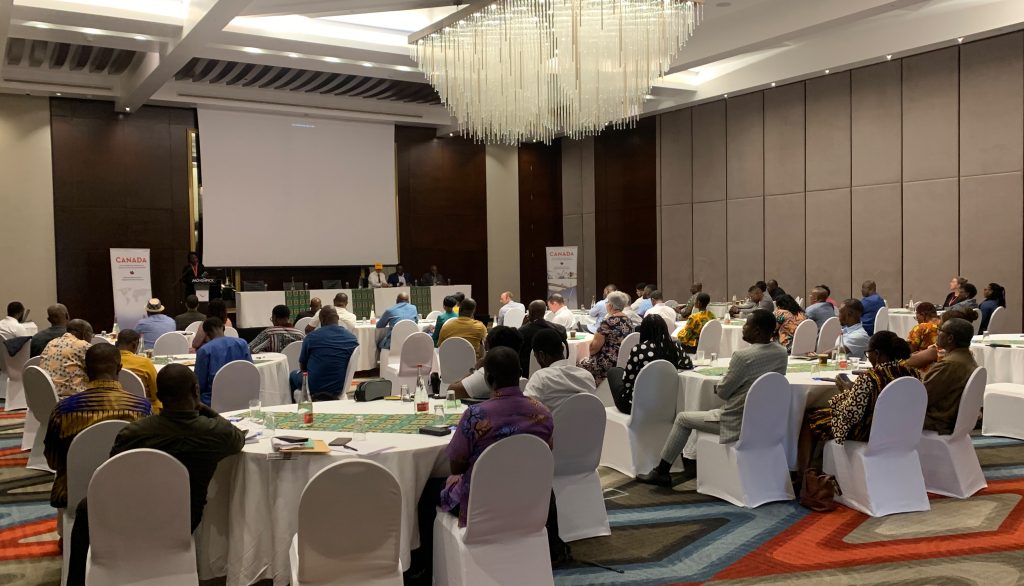
TVET Workshop by Canadian High Commission in Collaboration with CANCHAM
March 01, 2024

Unlocking Potential: Insights from Asante-Chirano
March 01, 2024
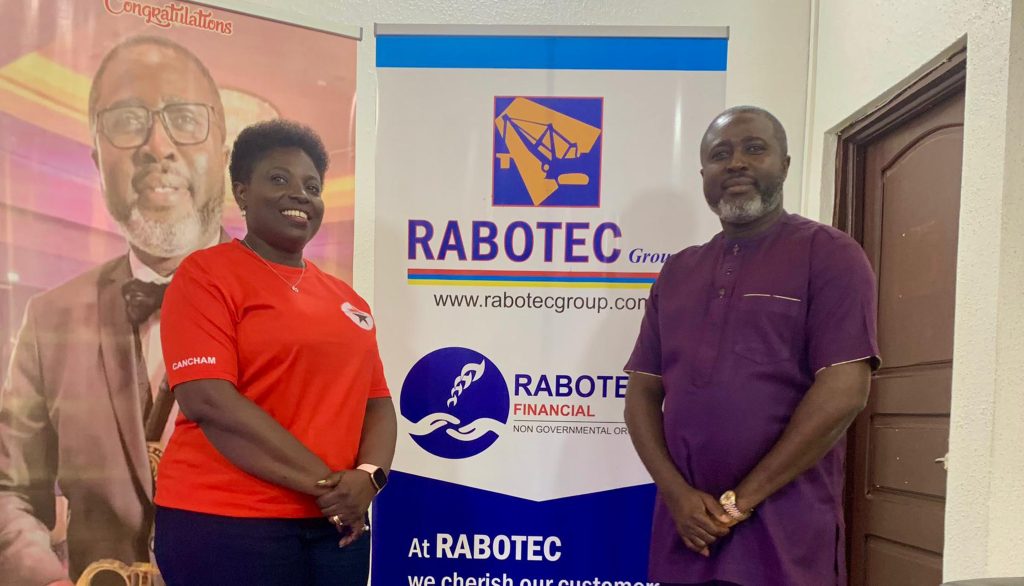
Empowering Industries: Insights from Rabotec Group
March 01, 2024

How Le PELS Ghana Successfully Constructed the 350-ton Silo Foundation for Cargill Ghana
March 01, 2024

Guiding Your Path to Canada: One Heart Immigration’s Expertise and Exciting Ventures
March 01, 2024

Charting New Horizons: The Journey of CONSHIP
March 01, 2024

Gateway to Canada: Insights from Askia Immigration Consultancy
March 01, 2024
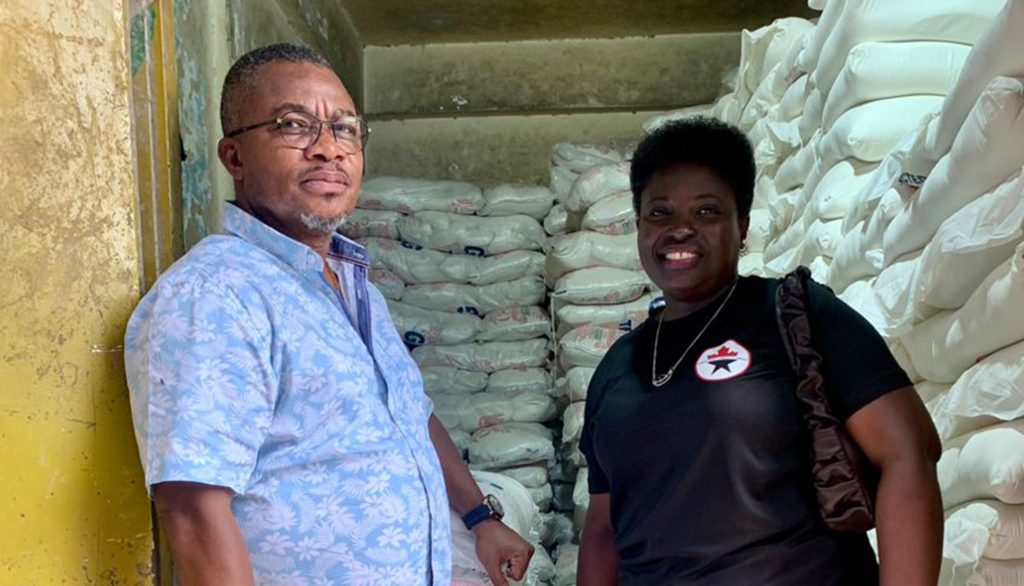
Joe Baaze Enterprise: Connecting Communities with Flour and Sugar
March 01, 2024

Empowering the Future: Africa Skills Hub’s Vision
March 01, 2024

Prescription for Success: Base Pharmacy’s Outlook for 2024
March 01, 2024
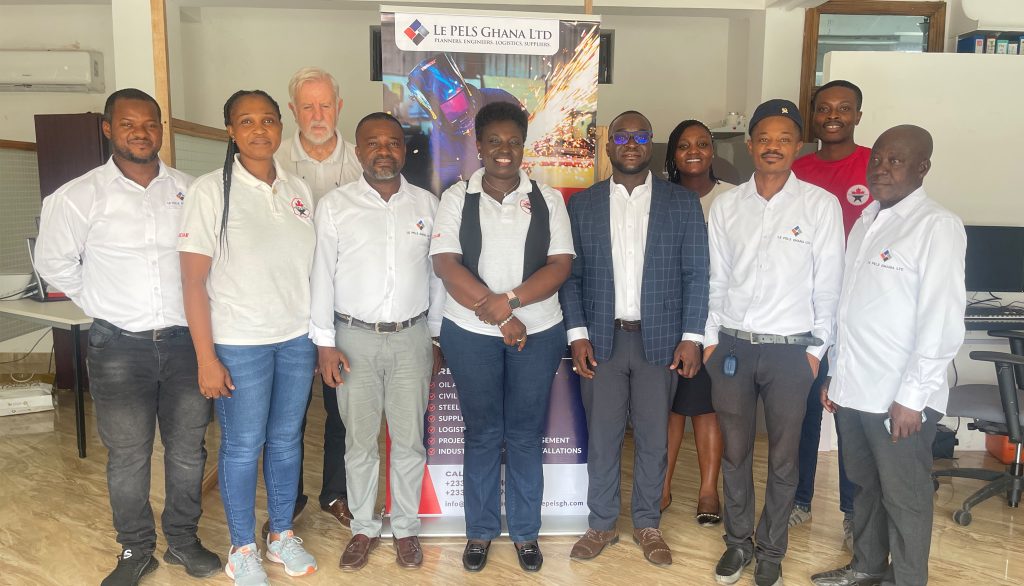
Building Beyond Boundaries: Le Pels Ghana Limited’s Expansion Journey
March 01, 2024

ERIS Properties’ Vision for Collaborative Growth
March 01, 2024

Expectations from Nii Plants and Car Rentals
February 01, 2024









